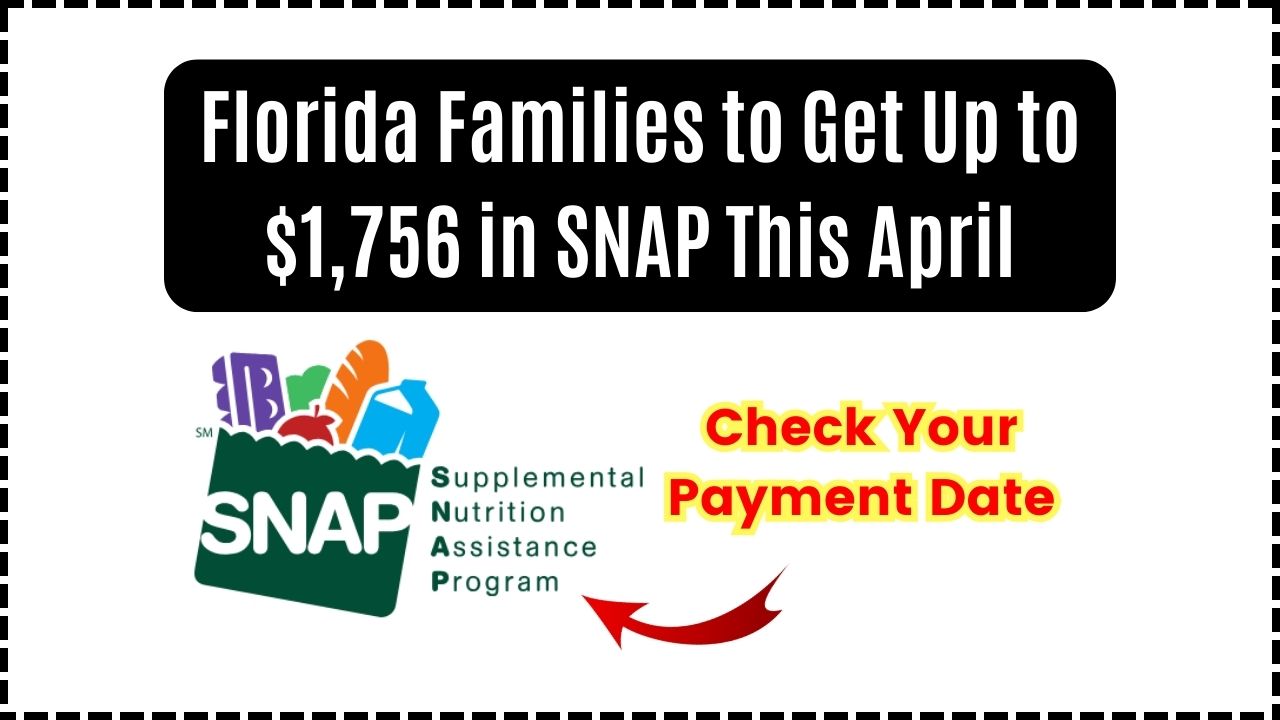
$2831 for Retirees Aged 62: If you’re planning to retire at age 62 and are wondering whether you’re eligible for Social Security payments of up to $2831 per month, you’re certainly not alone. As economic uncertainty and inflation continue to impact everyday expenses in 2025, many Americans are exploring their retirement options and seeking ways to maximize their Social Security benefits as early as possible. But what does it really take to qualify for the $2,831 benefit? And is this a realistic expectation for most retirees?
This comprehensive guide will break down everything you need to know about claiming Social Security at age 62, from eligibility and earning limits to strategic planning tips that could significantly boost your monthly benefit. Whether you’re nearing retirement or just planning ahead, this article offers both practical insights and expert-backed advice, written in plain language for everyone to understand.
$2831 for Retirees Aged 62
| Topic | Details |
|---|---|
| Monthly Max at 62 (2025) | $2,831 for eligible high earners |
| Full Retirement Age (FRA) | 67 for those born in 1960 or later |
| Early Retirement Penalty | Benefits reduced by ~30% at age 62 compared to FRA |
| Required Work Credits | Minimum 40 work credits (10 years of work) |
| Income Limit Before FRA | $23,400/year – benefits reduced by $1 for every $2 above this limit if still working |
| Delayed Retirement Bonus | Up to 8% increase annually for delaying benefits past FRA, up to age 70 |
| Where to Apply | ssa.gov – official U.S. Social Security Administration website |
Deciding when to claim Social Security benefits is one of the most important retirement decisions you’ll make. While the $2831/month benefit at age 62 is real, it’s accessible to only a small segment of retirees with high, steady earnings.
Most people will receive less—but even average earners can maximize their benefits by planning strategically, staying informed, and using SSA tools to calculate their options.
Whether you choose to retire early or wait, understanding the eligibility requirements, penalties, and growth incentives gives you a clear path to a more secure retirement.
What Is the $2831 Social Security Payment All About?
In 2025, the maximum Social Security benefit you can receive if you retire at age 62 is $2,831 per month. However, this maximum is not the standard—it’s reserved for individuals who have achieved the highest possible earnings throughout their careers. Specifically, you’d need to:
- Consistently earn at or above the maximum taxable earnings limit for at least 35 years
- Begin claiming benefits at 62 while accepting the permanent reduction
- Have no major gaps in employment and paid into Social Security consistently
For perspective, the maximum monthly benefit at Full Retirement Age (67) is approximately $3,822, while the absolute maximum if you delay until age 70 can climb to $4,873/month (SSA.gov).
Only a small percentage of retirees qualify for these top-tier payments, but knowing where you fall on the scale can help you plan more effectively.
How Early Retirement Reduces Your Benefit
While it’s tempting to begin collecting Social Security at 62, it’s essential to understand the long-term trade-offs. Claiming benefits early locks you into a lower monthly payment for life. If your Full Retirement Age is 67, then retiring at 62 triggers an approximate 30% reduction in benefits.
Example:
If you’re eligible to receive $3,800/month at FRA (67), retiring at 62 could reduce your benefit to around $2,660. However, if you’re a top earner, your early benefit could max out at $2,831.
Why Do People Choose Early Retirement?
- Health concerns or medical conditions
- Layoffs, job burnout, or inability to find new employment
- Family caregiving responsibilities
- Shorter expected lifespan or family history
Each case is unique, so it’s vital to weigh the pros and cons before committing to an early claim.
Eligibility Requirements for Social Security at 62
To be eligible for early retirement Social Security benefits, you must meet specific criteria:
1. Age Requirement
You must be at least 62 years old. You can submit your application up to four months before the month you turn 62.
2. Work Credits
You need at least 40 work credits, equivalent to about 10 years of full-time employment. In 2025, you earn 1 credit for every $1,810 you earn in wages or self-employment income, up to 4 credits per year (SSA Work Credits).
3. Proof of Eligibility
You’ll be required to provide:
- Valid ID (birth certificate or U.S. passport)
- Proof of earnings (W-2s, tax returns)
- Your Social Security Number (SSN)
Income Limits If You Work While Receiving Benefits
If you plan to keep working after you start receiving benefits at 62, your earnings could impact your monthly check. In 2025, the annual earnings threshold is $23,400.
For every $2 you earn over that limit, the SSA will withhold $1 from your benefits. This is known as the earnings test and it only applies before you reach FRA.
Once you hit Full Retirement Age, the limit is lifted, and any previous withholdings are recalculated into future benefits.
$2,831 for Retirees Aged 62 Maximize Your Social Security Benefit
If you’re aiming to get the most out of Social Security, consider these smart strategies:
Delay Claiming Benefits
- You earn 8% more per year for each year you delay after FRA
- The bonus stops accruing at age 70, when maximum benefits apply
Spousal & Survivor Benefits
- If your spouse has a higher benefit, you may qualify for up to 50% of their FRA amount
- Survivor benefits allow widows/widowers to receive a deceased spouse’s benefits under certain conditions
Use Online Tools to Estimate Your Benefits
- Quick Calculator
- My Social Security
These calculators provide projections that help with retirement planning, especially if you’re still deciding when to claim.
The Application Process: A $2831 for Retirees Aged 62 Guide
- Collect Required Documents:
- Proof of age (birth certificate or passport)
- W-2 forms or tax returns
- Banking details for direct deposit
- Create a “My Social Security” Account: Go to ssa.gov/myaccount and register
- Submit Your Application:
- Online: ssa.gov/retire
- By phone: 1-800-772-1213
- TTY: 1-800-325-0778
- Track Your Application: You can check your status online or receive updates by mail
Applying early can reduce stress and ensure your first payment arrives without delays.
Real-Life Scenarios: Understanding What You Might Receive
Case Study 1: Linda, 62 – High Earner with No Gaps
Linda has consistently earned above the Social Security taxable income cap (set at $168,600 in 2024) for 35 years. She retires at 62 and receives the maximum early benefit of $2,831/month, equaling $33,972 annually.
Case Study 2: Tom, 62 – Moderate Earnings & Part-Time Work
Tom worked on and off throughout his life. His average earnings were below the national wage index. He qualifies for $1,400/month, with reductions due to early retirement and inconsistent contributions.
These examples show how income and work history greatly affect your benefit amount.
FAQs On $2831 for Retirees Aged 62
Q1: Can I qualify for Medicare at 62?
No. Medicare begins at age 65. If you retire at 62, you’ll need to purchase private health insurance or use COBRA until Medicare kicks in.
Q2: Will my monthly benefit increase after I start receiving payments?
Yes—but only due to annual Cost-of-Living Adjustments (COLAs). Your base benefit is fixed unless you return to work and pay into Social Security again.
Q3: What if I start benefits and change my mind?
You have 12 months to withdraw your application. You must repay any benefits received, but this allows you to reapply later and potentially receive a higher benefit.
Q4: Can I collect Social Security and another pension?
Yes. However, if your pension comes from work not covered by Social Security, the Windfall Elimination Provision (WEP) or Government Pension Offset (GPO) may reduce your benefit.
Q5: Is it better to retire at 62 or wait?
It depends on your financial situation, health, and family longevity. Those who expect to live longer may benefit more from delaying. Consider speaking with a certified financial planner.










